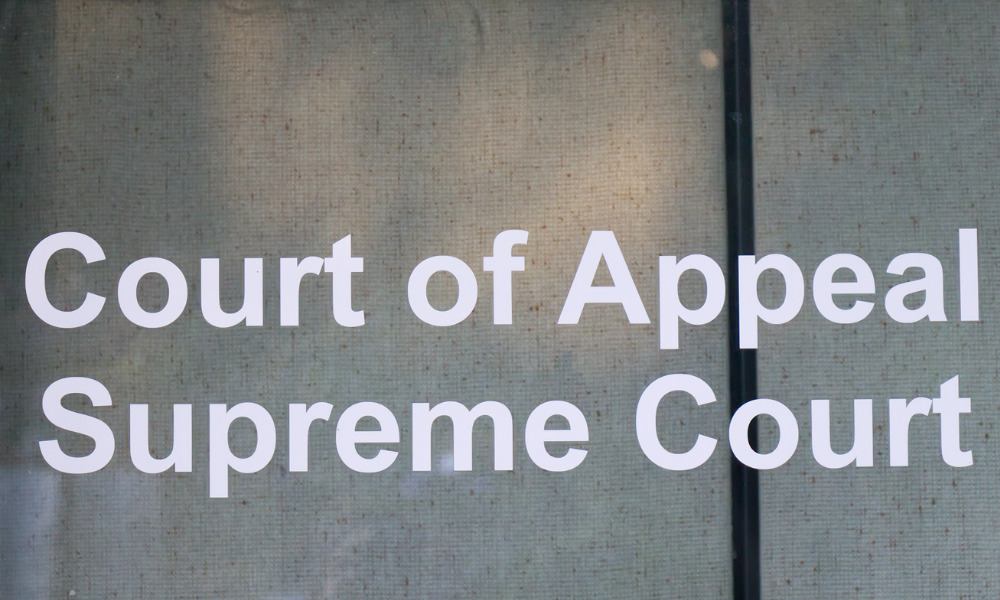It must also satisfy the serious question threshold, even on an application for review: court

The Court of Appeal for British Columbia has ruled that an asset freeze order must be based on an investigation into conduct that allegedly contravenes the Securities Act, RSBC 1996, c. 418 and could give rise to monetary claims against the asset owner. It must also be based on evidence that satisfies the serious question threshold, and upon application for review, the onus rests on the executive director to prove that the evidence continues to satisfy this threshold.
In Party A v. British Columbia (Securities Commission), 2021 BCCA 358, the appellants were subject to various asset freeze orders by the respondent Securities Commission for an alleged illegal cash swap scheme. However, the Notice of Hearing and Temporary Order did not claim any contravention of the Act nor any basis for a monetary award. The respondents also rejected the appellants’ application to review the orders, stating their failure to establish that the revocation would not prejudice the public interest.
On appeal, the appellants questioned the inadequacy of the investigation and Notice of Hearing, lack of a minimum evidentiary standard required for the issuance of a freeze order and the evidentiary burden on appeal imposed by the Commission.
The Court agreed with the appellant that not just any type of investigation can support a freeze order. Rather, the investigation must be for alleged violation of the Act that could give rise to monetary claims. This requires the approval of the respondent Commission, and that the scope be set out in the investigation order.
While the purpose of the order is to preserve the status quo, the longer an asset freeze order remains in place, the more this status quo is interfered with, said the Court.
Further, while conceding that there may be urgent situations supporting the issuance of an asset freeze order before formal investigation, the absence of a standard could theoretically lead to asset freeze orders based on complete absence of evidence, said the Court.
Thus, the Commission must determine whether the evidence presented is sufficient to raise a serious question that the investigation could show breach of the Act leading to monetary claims or penalties against the asset owner under the Act. This standard remains low and flexible but requires more than mere speculation or mere suspicion, said the Court.
Further, the Court ruled that the Commission must also be satisfied that the issuance of the asset freeze order is in the public interest by considering relevant factors such as the seriousness of the allegations, urgency and scope of the order, potential consequences and strength of evidence.
As to the onus on appeal, the Court observed that the asset owner was usually not given an opportunity to be heard since the freeze orders are usually issued without notice or issued reasons. Thus, the Court ruled that the onus is on the executive director to establish that considering the new or relevant factors, the evidence continues to satisfy the serious question threshold that justifies the dismissal of the application for review.










